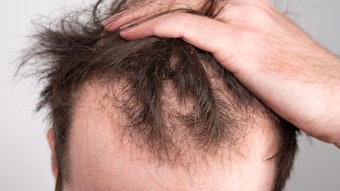How are copyrights administered? Intellectual property encompasses ideas or creative works in a form that can enable others to produce or recreate them. Protection of these properties is through patents, trademarks, trade secrets or copyrights. All of these protection instruments allow the owner to prohibit others from using the covered discovery or expression, except with their permission, as in a license. The United States Patent and Trademark Office is responsible for processing patent and trademark applications and disseminating patent and trademark information. Unlike patents and trademarks, copyrights are administered by the Library of Congress, through its Copyright Office.
The Federal Copyright Act of 1976 is the framework for the protection given to authors of original works, including literary, dramatic, musical, artistic and certain other intellectual works. These categories are broadly viewed and, for example, include computer programs as literary works.
Copyright protection is available for works that are either published or unpublished and is available to the author immediately at the time the work is created. Only the author or those having rights through the author can claim copyright. For example, with a “work made for hire,” the entity or employer who ordered or commissioned the work is considered the author. Mere ownership, however, is not enough to be considered the author of the work. A written agreement for the transfer of authorship is usually required for the copyright to be transferred.
What’s not covered? Works that are not written or recorded are not eligible for copyright protection. The same is true for common symbols and information, titles, names, slogans, short phrases, coloring or listings such as ingredients or tables of public information. Other things not protected by copyright are ideas, concepts, principles, methods and devices but not their description or illustration.
Is registration necessary? Since copyright protection is automatically achieved when a work is created and copied or recorded, it is not necessary to register it. Although it is not required, copyright registration is useful for many reasons. It makes a public record of the details of the copyright. If an infringement is going to be fi led for works originated in the United States, the copyright must be registered. Registration also allows the Customs Service to have a record of your copyright to prevent imports of infringing works. It also allows for the collection of statutory damages and legal fees if the work is registered within three months of publication and an infringing action is brought. Registration may be made any time during the life of a copyright.










